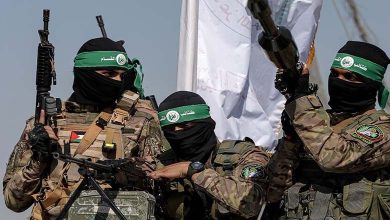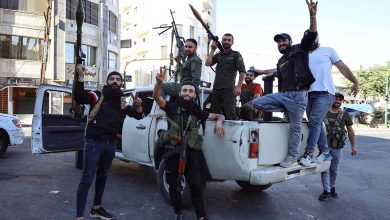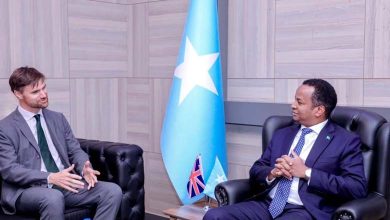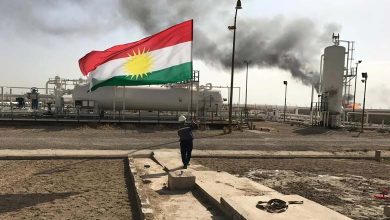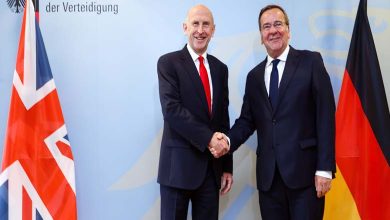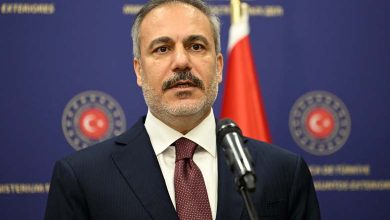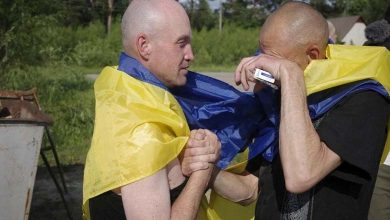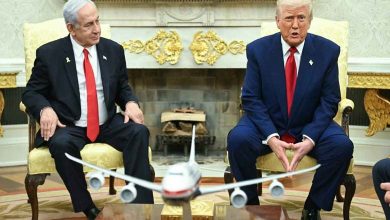Washington and Riyadh acknowledge an improvement in ceasefire respect in Sudan
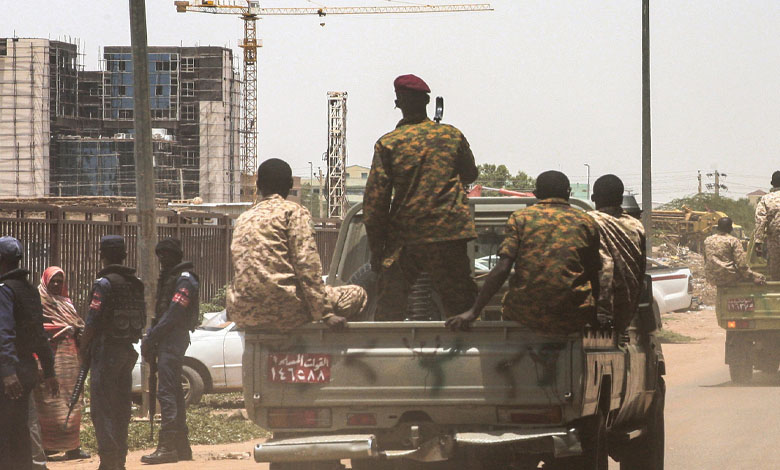
Saudi Arabia and the United States have noted improved respect for a short-term ceasefire and humanitarian arrangements in Sudan, the US embassy in Khartoum said in a joint statement on Friday, potentially opening the way for political solutions to end the crisis in the medium to long term.
Sporadic clashes between the Sudanese army and the RSF have broken out over the past few hours, dispelling relative calm in the capital, Khartoum, after earlier ceasefire agreements between the two sides were breached.
The latest ceasefire, monitored by Saudi Arabia and the United States, was reached after five weeks of fighting in Khartoum and violence erupted in other parts of Sudan, including the western region of Darfur.
“Fighting between the Sudanese army and the paramilitary Rapid Support Forces has worsened a humanitarian crisis, forced more than 1.3 million people to flee their homes and threatens to destabilize an already fragile region.”
The U.S. State Department said the monitoring mechanism for the ceasefire in Sudan monitored possible violations of the agreement on Wednesday, including the use of artillery, warplanes and marches, a force against the army king.
The army, led by General Abdul Fattah al-Burhan, relies on air power, while the Rapid Support Forces (RSF), led by Mohamed Hamdan Daglo, known as Hemeti, have been deployed on the streets of Khartoum.
“It is unclear how much progress either side has made in the past few weeks, though there has been talk of clear progress on the ground in rapid support.” Residents said clashes between the two sides broke out Wednesday in Khartoum and neighboring Omdurman and the strategic town of El Obeid to the southwest.
The Sudanese Ministry of Health said some 730 people had died and 5,454 had been injured, but the real figure was likely much higher.
An armed group surrounded the town of Zalingei, the capital of Central Darfur State, said Toby Harward, coordinator for the UN High Commissioner for Refugees.
He said telecommunications services were disrupted and motorcycles were used by gangs roaming the city, attacking hospitals, government offices, relief organizations, banks and homes.
The same thing happened in El Geneina, the capital of West Darfur State, where communications between residents were cut off for several days after around 510 people were killed.
Saturday’s ceasefire agreement followed talks in Jeddah brokered by Saudi Arabia and the United States. Previous ceasefires have failed to end the fighting. “In statements issued late Wednesday night, the army and the RSF accused each other of violating the agreement.”
“We are seeing violations of the ceasefire,” State Department spokesman Matthew Miller said in a briefing on Thursday. He added that violations included monitoring the use of artillery, warplanes and drones, credible reports of airstrikes, continued fighting in the heart of Khartoum, and clashes in Zalingei.
Washington continues to communicate with both sides and is pressing both sides on alleged violations, he said.
“We retain our authority to (impose) sanctions and will not hesitate to use that authority, if necessary,” Miller said.
Cindy McCain, executive director of the UN World Food Program, said more public and private funding is needed for the relief effort.
“For the moment, the conflict has to stop and we need the help of the international community to make that happen,” McCain told reporters in Berlin.
The conflict in Khartoum erupted in mid-April at a time when internationally backed plans for a political transition to free elections under a civilian government were due to be finalized.
“The UN Office for the Coordination of Humanitarian Affairs said organizations were ready to provide aid to more than four million people, but that distributions were hampered by bureaucratic obstacles and security problems.”
Of the 168 trucks ready to deliver aid, only a few are moving from Port Sudan to El-Gadarif, Kassala and Al Jazirah, an aid official said.
The ICRC said in a statement that anesthetics, antibiotics and other medical supplies it had donated were now being distributed to seven hospitals in Khartoum and that only 20 percent of health facilities in Khartoum were currently functioning.
“Hospitals are in dire need of water, electricity and a safe environment for their patients and staff,” said Alfonso Ferdo Perez, ICRC’s head of mission in Sudan. We appeal to both parties to respect the work of the medical personnel. People’s lives depend on them.”
“Many residents are struggling to survive, facing prolonged water and electricity cuts, collapsing health services, widespread chaos and looting.”
“More than a million people have been displaced inside Sudan, and 319,000 have fled to neighboring countries, some of which are poor and have a similar history of internal conflict.”



